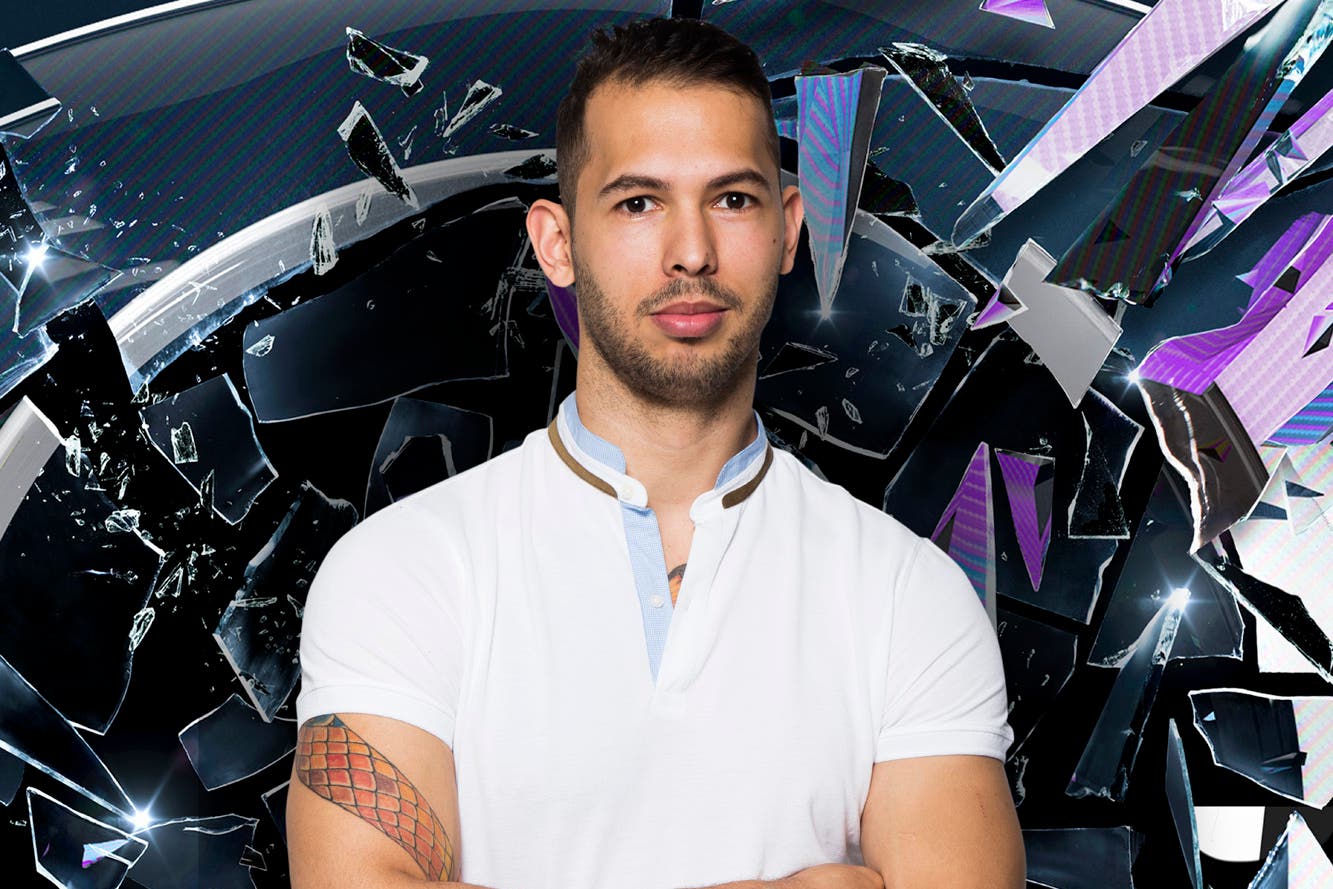Emily Maitlis: How Andrew Tate tied himself in knots during fiery BBC interview
In today’s social media age, the journalist is as much on trial as the man defending himself on rape charges – which is why these encounters are so fraught, writes Emily Maitlis


I have no idea about the process that led to the BBC approaching Andrew Tate for an interview. Or the reason that Tate eventually agreed to do it – he says he relented after “months of begging”.
But I do have some idea of how the interviewer, Lucy Williamson, might have felt on hearing it was game on. The intense elation (“A world exclusive with a renowned d***head!”) quickly followed by the utter panic (“Am I up to this? What tricks is he going to play? Will I end up strengthening the hand of a known misogynist currently under house arrest on human trafficking charges if it goes wrong?”).
I viewed the interview as soon as it landed, unedited, on Tate’s own platform. I thought I would be watching through fingers, from behind the sofa. But I was wrong. If Williamson had any of those fears, they were unfounded.
What she pulled off was masterful. She made him do all the work, all the running, all the panicking, without apparently lifting an eyebrow. In the 38 minutes I watched, he tied himself in knots, at one point denying that a quote she threw at him was his – ‘It was your voice,” a quiet but insistent Williamson repeated – then arguing it was for the sake of his Christian values (he’s very religious, obvs). Then he began to berate Williamson for not having the sense of humour to realise that the things he had said about women belonging to men had been sarcastic (he’s a very very funny person, just not in any of the ways he actually thinks).
I don’t know how Williamson prepared. But I know, simply from watching, that she came armed and thoughtful. She knew the rules: don’t answer his questions, don't raise your voice, come to the interview with specific sourced quotes, and don’t let someone put you off repeating your questions by telling you that you have no right to ask them. He kept insisting she was a guest in his house – like we’d just stepped into a Hello! photo shoot, complete with Aperol aperitivos – until Williamson’s producer, off mic, reminded him that they were only there because he was under house arrest. A more neutral location would, she said, have been the BBC’s preference.
Moreover, Williamson stayed poised and in control for the entire encounter. It is so easy – I’m sure I’ve done it – to be charming at first and then slowly turn the heat up. Which is fine until the interviewee plays the entire section out on Twitter of the two of you laughing and joking about dogs.
Williamson appeared to come to this interview knowing that, from the moment she stepped into the room, any of it could end up in the public domain. And that, increasingly, is how the game works. The presumed authority of the TV camera, the BBC logo, or the professional journalist doing a professional edit, is no longer a given in an age in which anyone can stream and promote their own content (in Tate’s case, to 6.7 million people worldwide on Twitter).
Now, the journalist is as much on trial as the bloke defending himself on rape charges. And this is why these encounters are so fraught. Why it matters so intensely that we get them right. Because they are, ultimately, a gladiatorial battle of wits. Not with high volume, but with quiet fact.
Williamson emerged from Tate’s house with news lines – his conviction that he will be found innocent; his self-belief that he is a “force for good” – but the interview as a whole gave us more than just “top lines”. It showed us that when you are prepared to just let someone speak, they upend their own arguments and fall apart.
All Williamson had to do was let him do it – and so she did, rather brilliantly.
Join our commenting forum
Join thought-provoking conversations, follow other Independent readers and see their replies
Comments


Bookmark popover
Removed from bookmarks